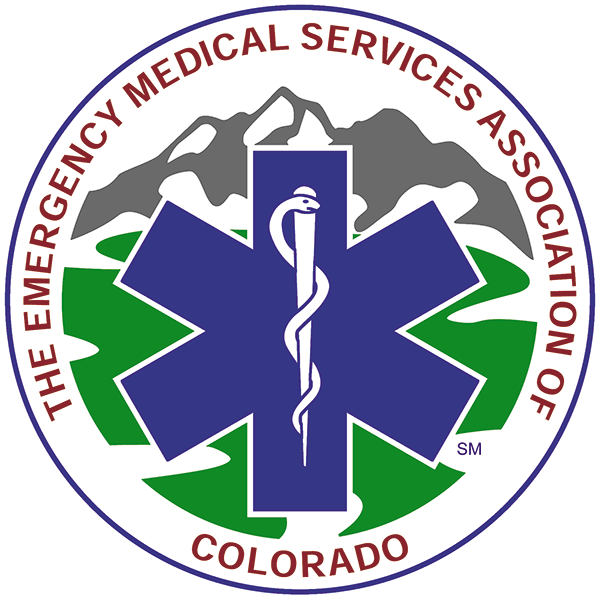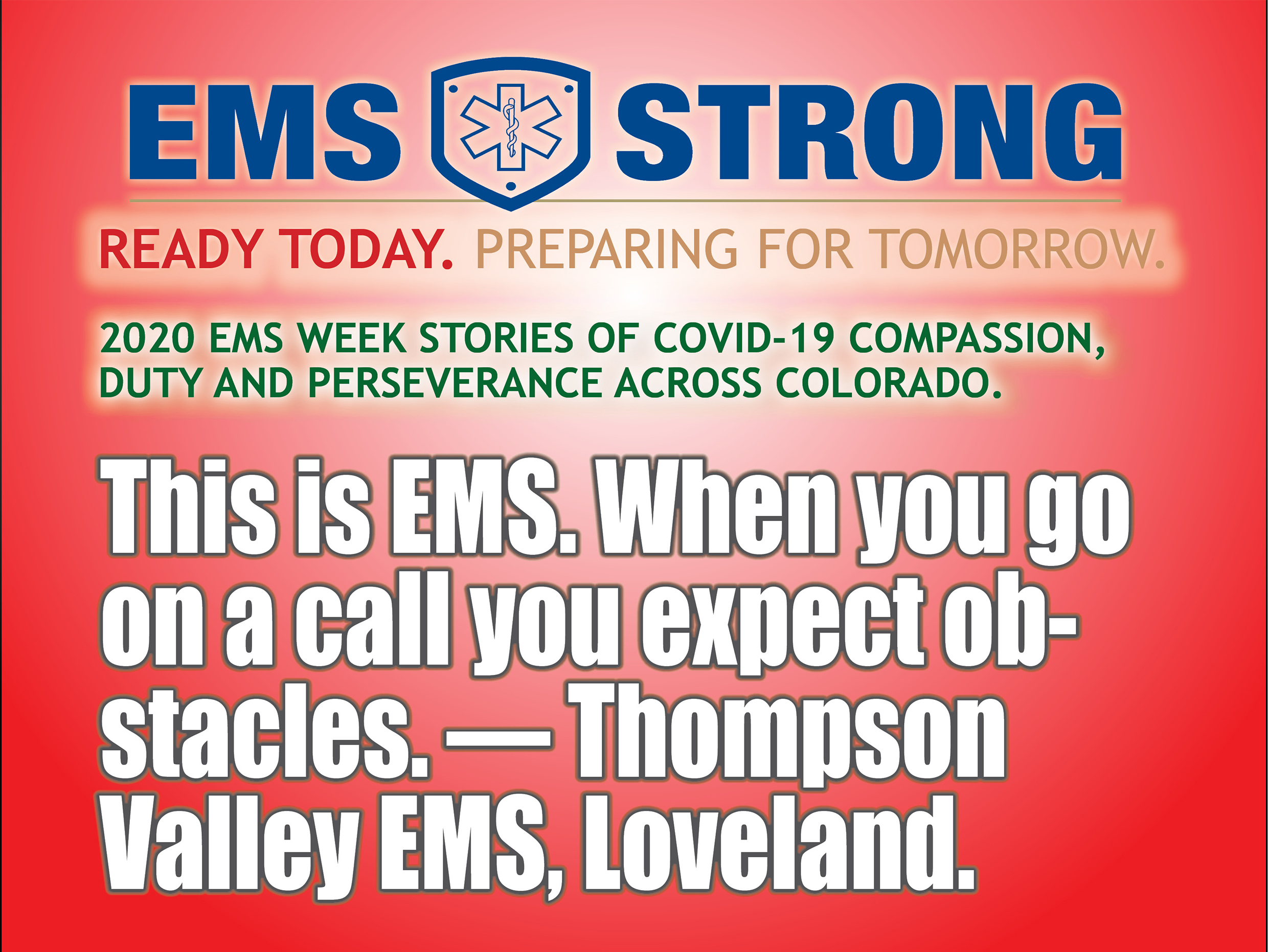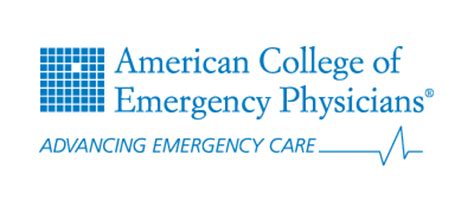|
Saturday's story of EMS dealing with the COVID-19 pandemic is from Paramedic Steve Forman, Battalion Chief, Thompson Valley EMS, Loveland. What is your greatest fear?
My greatest fear is obvious; one of our crew getting sick or exposed and bringing the COVID-19 virus home to an at-risk family member. And, too, letting our guard down and exposing an at-risk patient by bringing the virus to them from another patient; because we missed something in our precautions. We are well-meaning and know how to clean, and we must first do no harm. Especially with a public that is in panic.
My other fear is more global — the economic and health impact on society as a whole.
How are you and your crewmates personally handling this pandemic?
We are not a large agency, and we’re not a small agency. But we are watching out for provider burn-out. If someone meets the criteria for even a suspected exposure, they go out-of-service and do what they need to. Our system works well. No one has to worry about coming to work and not having PPP. We work to minimize everyone’s stress; we keep an eye on each other and we don’t send out updated information until we have verified it is accurate and up-to-date.
What is most troubling to your EMS agency?
When the system got busy, it was balancing cleaning under our decon guidelines or responding and caring for patients. It can be difficult when the calls are dropping but you haven’t completely gone through the decon protocol.
What will the future hold for PPE and decon? Will this become the norm for the future or will this gradually roll back to what it was?
What is the most difficult aspect of EMS care today?
It is annoying working in the unusual environment of PPE — mask, glasses, gowns. Can you take a risk if you need to intubate someone? We are “triaging” patients and talking with them about whether or not to transport to the hospital, leaning toward letting them stay home. Patients are flustered and we have had to become solvers of problems we’ve not had before.
What has been the best?
I call the least worst. It is working together across agency lines: EMS, hospital, fire, police. Everyone realized we are in this fight together.
That and the public support for all responders, but especially EMS.
What has surprised you?
The lack of TP at the beginning! I was not prepared for everything to close down. The Governor’s executive orders and orders of the county — did the make a difference. Probably so. It is the first time in my career for something (of this scope).
What has not surprised you?
The attitude of all the EMS workers. Everyone rolled up their sleeves and is getting it done. Everyone has come together. This is EMS. When you go on a call you expect obstacles. And you adapt and overcome. This is an unexpected stressor. But just one more hurdle — you jump the hurdle and move to the next one. After a time, you become used to it. It is now normal.
Has your agency been supported by locals? The public really has done a good job understanding what we are doing in this pandemic; 9-1-1 has not been inundated with non-COVID-related calls. And they are offering us bags and boxes of gowns, masks and gloves, trying to help. People will order food to be delivered to our HQ station, unannounced. Of course, we know how to get food, but they realize the new, different and significant role EMS plays. It is great for everyone’s morale!
Can you offer an uplifting experience?
It is how we are all in this together to get it done. Supporting each other and the strength it brings.
What do you think will be the long-lasting EMS story coming from this pandemic?
We need to be more prepared for unforeseeable vents. Whether it is COVID-20, a terrorist or financial calamity. We owe it to ourselves and our community to be prepared. We have an important role in the community, no matter what happens. Return to EMS Week 2020 main page
|

 This is National EMS Week.
This is National EMS Week.
